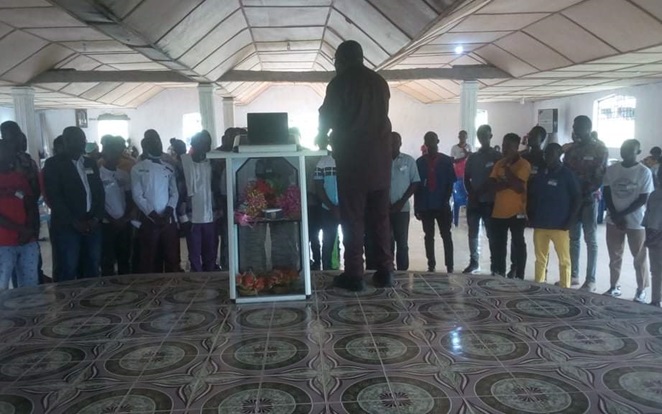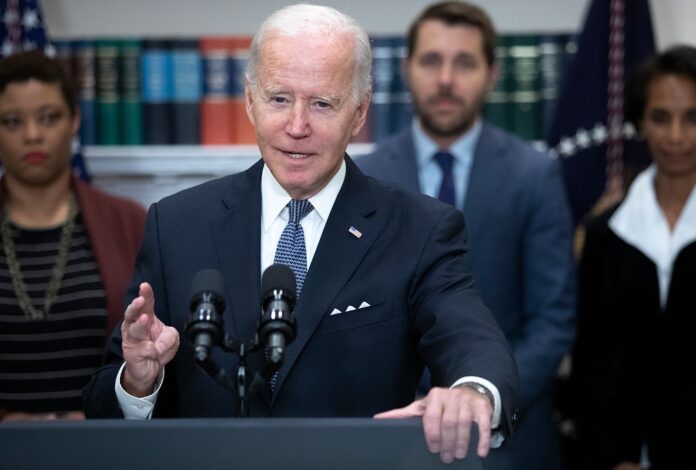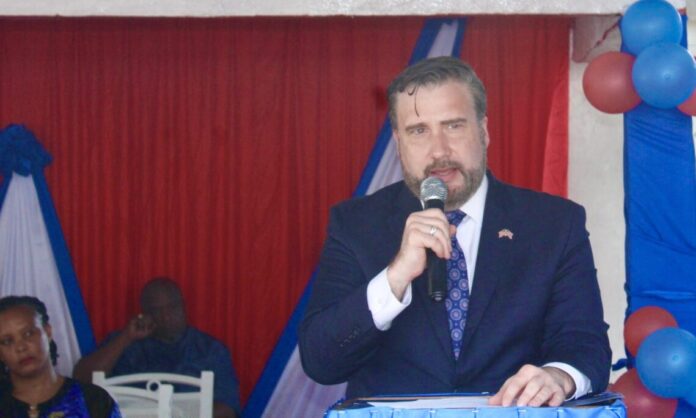LIBERIA – Liberian youths assembled in a conference dubbed “Liberia Youth Retreat” in Brewerville, Montserrado County have called on the authorities to ban the importers and dealers of illicit drugs in the country if the future of the young people is supposed to be secured. About 300 young people are congregated at New Water in the Desert Assembly to discuss ways the plight of young people in the country can be addressed.
The conference is facilitated by the Apostolic Pentecostal Church International and Mission Africa International and complemented by Seed Program International all of Liberia and the United States of America
“Stop the transporters of drugs in Liberia, ban the dealers” was the decisive position of many sub-groups of young people organized on day 2 of the conference to drive the discussions. The discussants decried the plight of young people in the country. They complained that their plight was being overlooked by the authorities.
However, they recognized the illicit drug problem as one of the many challenges facing the youths of the country which will undermine any meaningful program to address their plight if it is not addressed. The sessions were led by Bishop Kortu K. Brown and Rev. Dr. Oluwasayo Ajiboye from Mission Africa International and team.
Awareness and Outreach
Many of the reporting groups called for initiatives that will make young people on drugs know the effect of the drugs they are taking and prevent others from following in their footsteps. “We need outreach initiatives, awareness”, one group reported while another group said there is a need for more “educative talks, awareness”. Some groups opined that the issue needs to be addressed spiritually. They, therefore, called for the “word of God to be taken to the victims of illicit drug users through evangelism, spiritual interventions”
Role of the Family
Some of the sub-youth groups suggested that to effectively deal with the illicit drug problem in the country, the family must get involved. “This includes the families of the victims” because the problem is serious, they argued. The breakdown of the family structure in the country many belief is contributing to the challenges, especially the drug problem facing youths in the country. Many young people feel strongly about the role the family has to play in the rehabilitation of their children.
Blaming ourselves
“We are not forced to buy the drugs. If people bring in drugs and we don’t buy it they will not have a business” one group led by a female reporter strongly said. Another group reported that if they constituted themselves into outreach teams to reach other young people their “dress code will matter. You can’t dress like a ‘zogoe’ to go and talk to a ‘zogoe’. You can’t look a drug user to go talk to a drug user; you must look clean” they cautioned one another.
Eradicate the Ghettos
The young people decried the establishment of ghettos in and around Monrovia as new places of residence for young people living on illicit drugs. The discussions called for the building of safe homes for challenged youth to incorporate basic skills training and counseling to heal the wounds afflicted by the abuse caused by the use of drugs
Legislative action
The young people called for legislative action to stop the flow of illicit drugs in the country. “Some drastic legal action must be taken by the State especially the Legislature to deter the drug problem”, they quipped. The youths don’t believe the lawmakers are doing enough to address the plight of their fellow youths and the overall illicit drug problem in the country. “The lawmakers must act. Some of the actions required must be back by law…” many contended
Each One, Help One
The young people made a passionate plea to one another to reach out and engage one another through awareness initiatives focused on “self-awareness”. They contended that if we must win the war on illicit drugs then each young person must reach out and help another young person overcome drug and substance abuse. They also pledged to make gardens in their schools, communities, churches, etc. as part of rehabilitation and food production strategies
The Chief Facilitator, Dr. Sayo Ajiboye who heads Mission Africa International called on the government to take tougher actions to deter illicit drug importation in the country. Dr. Sayo who is also the President of the RCCG Seminary in Texas, USA called on the authorities to enact harsher punishment laws for importers of illicit drugs in the country to either include the “death penalty or a 100 years imprisonment because they are forcing young people into graveyards and swamps in the country”
The conference convener, Bishop Kortu K. Brown, called on young people to rise up and do something about redeeming other young people from the claws of illicit drugs which are ruining the future of the youths of the country.
He informed the participants that the retreat will also hear from young people in western and northcentral Liberia before concluding a strategy on the way forward for the church and partners in the program. A 21-person committee was set up to draft a program for execution that will be finalized and presented at the formal closing program on Friday, July 1 in Brewerville.







